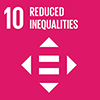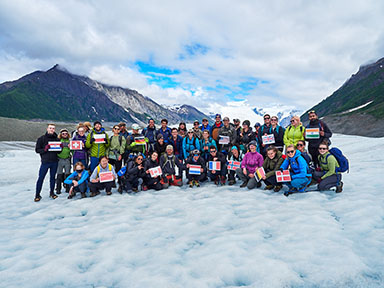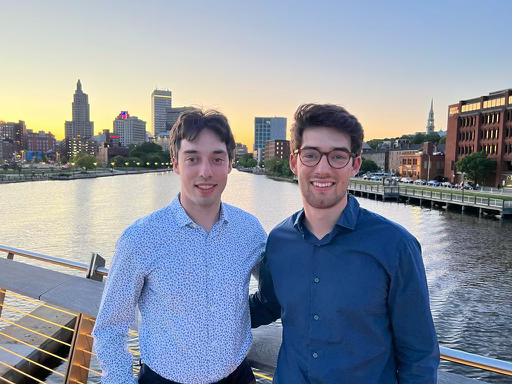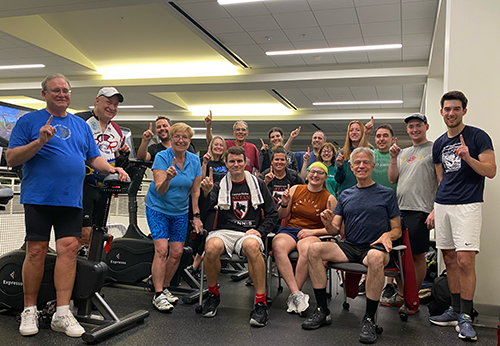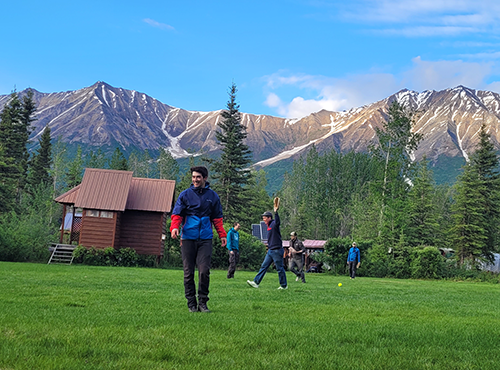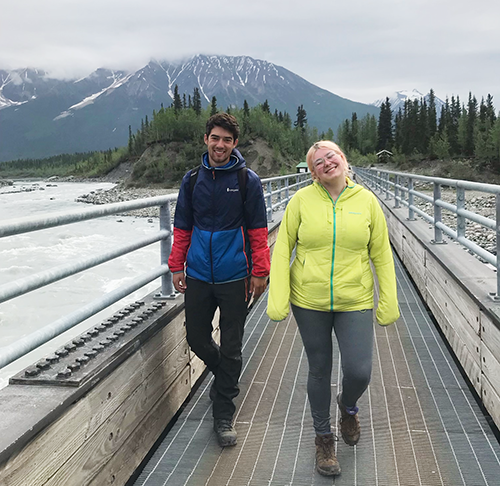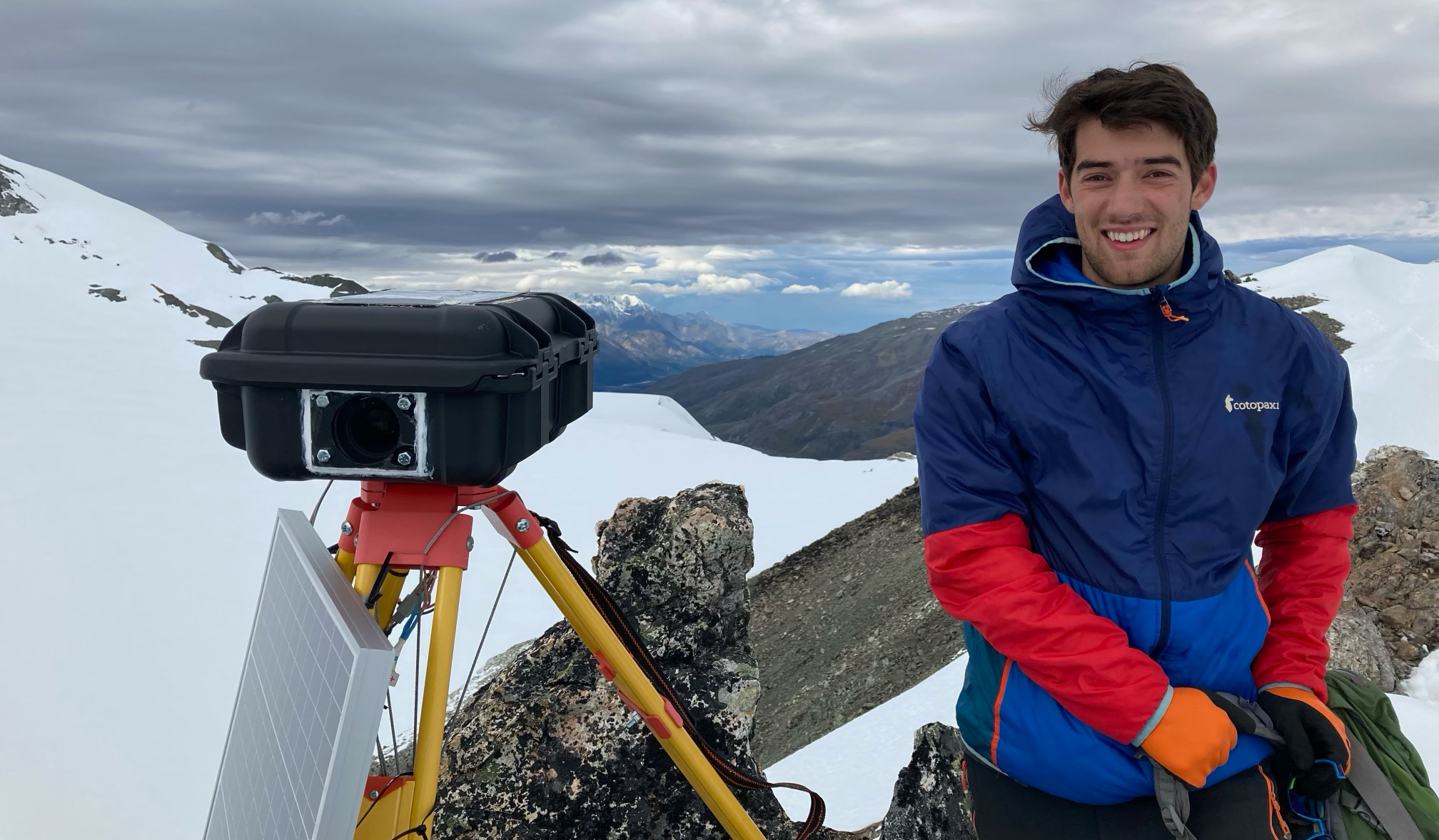
CEE Spotlight: Albin Wells
By CEE DEI Committee
Hometown/County: Pittsburgh, USA
What drew you to Civil and Environmental Engineering?
Growing up in Pittsburgh–a city of rivers and bridges–I’ve always wanted to be an engineer. This has manifested itself in a number of ways through high school and undergrad (where I received a degree in Mechanical Engineering), but ultimately I joined the Civil and Environmental Engineering department here at CMU because of the emphasis placed on actionable solutions and conclusions in research and projects.
The broader culture of ‘doing’ in CEE and working on projects tethered in realistic cost and time scales fosters research that will make a difference when we need it most: now. I found this to be both a unique and extremely exciting department to become a part of for graduate school.
How did your lens on diversity, equity, and inclusion take shape both as you grew up and as you entered adulthood and academia?
As the child of gentile German and Polish Jewish parents who grew up not only on opposite sides of the world but on opposite sides of history, I feel that my heritage combines contradiction and nuanced understanding in an unlikely synthesis. Consequently, I’ve always recognized the importance of personal experiences and perspective.
Growing up and coming into academia, I’ve realized that many opportunities presented even in academia are not fair nor equal, whether they’re affected by intrinsic, overt, or systemic biases. As a white man, I try to make sure to spend most of my time listening to others, leaving room for those whose voices might otherwise be disregarded or overlooked.
How did/does your identity influence your decision to pursue engineering/STEM?
While the challenges that have come to define our world today look vastly different from those of the 20th century, the bottom line remains that massive societal issues are depriving global populations of the most basic human needs: home, food, water, and clean air.
Today, the environment poses the single largest threat to marginalized communities, which has motivated my endeavors in engineering–a field defined by the utilization of science and math to provide solutions for communities and societies.
What positive experiences have you had at CMU that you would hope others would have?
There have been tons of great experiences! In terms of research, I genuinely loved collaborating with another CEE PhD student: leveraging each of our skill sets (mine in glaciology and his in intelligent sensing systems) to develop a solution (a time-lapse camera to monitor glaciers).
I also had a blast joining a team of dedicated bike riders at the Cohon Center gym to help them compete against other schools in the annual Fall Frenzy tournament–it’ll happen again next fall and everyone is more than welcome to participate!
In your position as a graduate student, how do you advocate for inclusion?
To me, inclusion is about fostering a community environment where anyone and everyone feels heard and welcome. As a graduate student, I do my best to foster this sense of community simply by talking to other students, getting to know them when I have the chance, and listening to whatever is on their mind. Especially coming from a couple of years of limited face-to-face interactions, I hope these weekly conversations slowly make the department feel friendly and comfortable even for those of us who joined amid the pandemic and couldn’t meet other students as easily initially.
Do you have any advice for incoming (students, faculty, or staff)?
Don’t be afraid to step outside your comfort zone! Join a club even if you don’t yet know anyone in it, introduce yourself to peers you’ve never spoken to before, and try activities you’re bad at–these are all easier said than done, but they’ve been rewarding for me!
